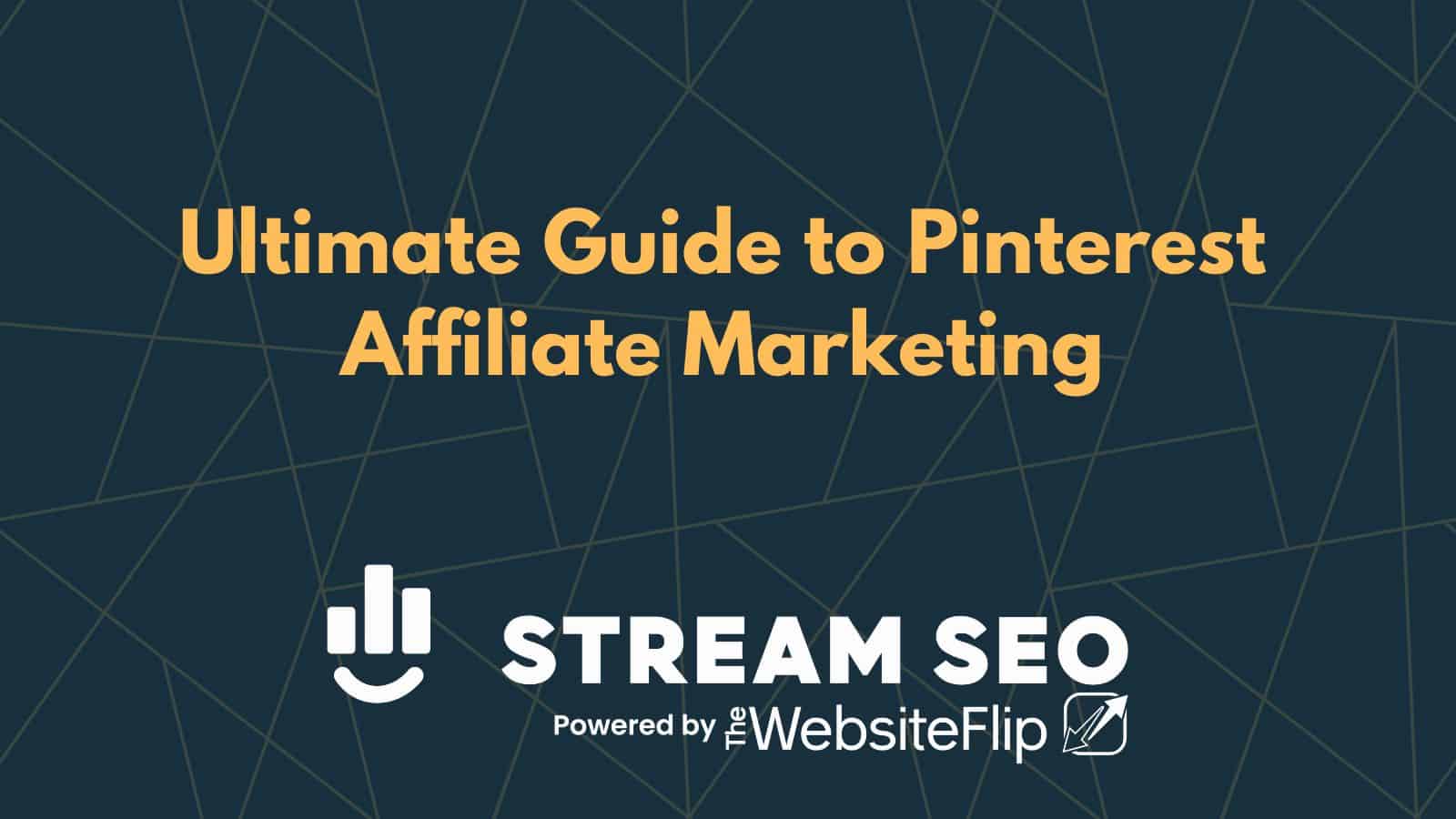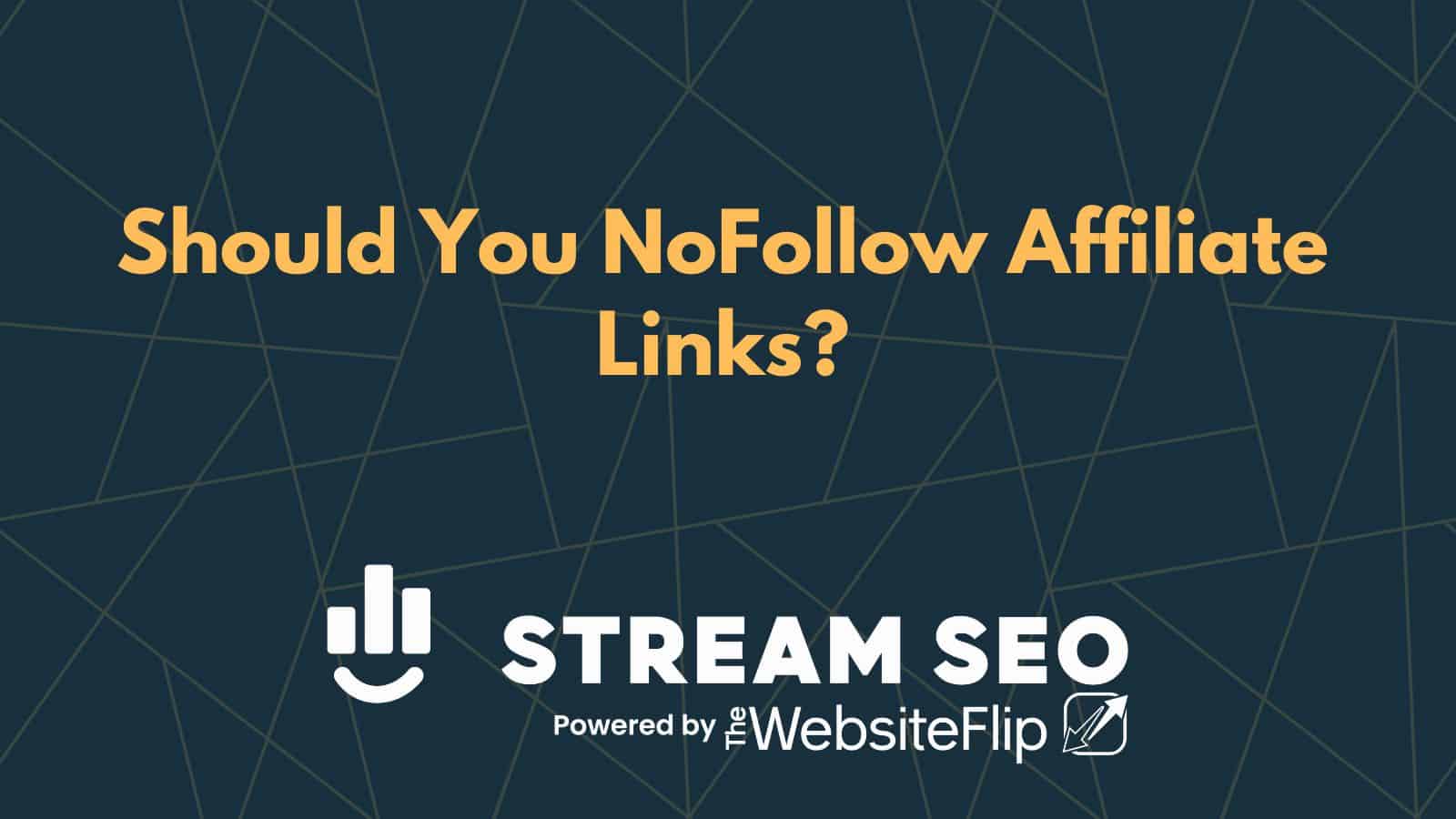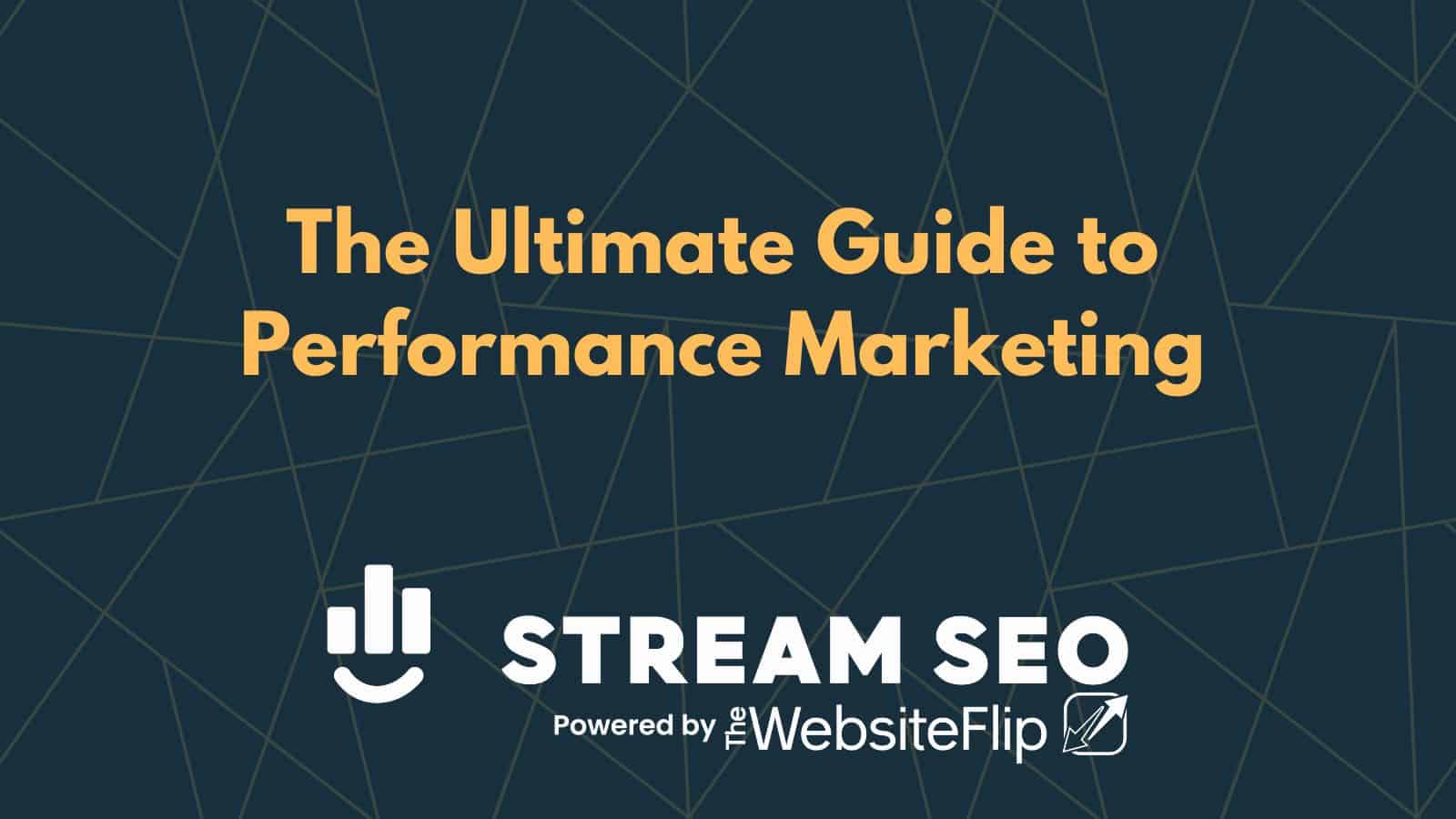Affiliate marketing is one of the oldest and most popular ways to make money online. The concept of affiliate marketing is pretty simple: Promote offers and earn revenue.
It’s a performance-based way to make money online that requires no upfront investment, customer support, or inventory.
Passive income in the truest sense of the word.
Need us say more?
No matter what anyone says, no affiliate marketing is not dying. In fact, it’s only growing.
According to BigCommerce.com, 81% of brands and 84% of publishers utilize affiliate marketing. This trend is only continuing to grow.
Think about some of your favorite companies. Odds are they have their own affiliate program.
Amazon hosts one of the largest affiliate programs and networks out there known as Amazon Associates, paying 1%-10% commission on all sales.
Apple hosts a performance marketing program paying out commission on successful iTunes and product sales.
Even popular software apps like Uber or Airbnb have their own affiliate marketing programs.
Now that you have some background on what affiliate marketing is, how widespread it is, and what makes it such an attractive marketing channel, let’s jump into the different elements of the affiliate marketing ecosystem.
Table of Contents
Affiliate Marketing Ecosystem
Now while this guide is mostly going to cover the side of the affiliate, we want to talk about all the different roles in the affiliate marketing equation. All roles we mention below are equally important to the affiliate marketing process.
Merchant
Merchants are anyone who is selling a product or service and decide to put out an affiliate offer. These offers feature terms and conditions such as cookie length, commission rate, and payout structures.
Affiliate
Affiliates are the ones that do the promoting, and in return receive a commission from the merchant or network in exchange for their efforts. In order to become an affiliate, you must join an affiliate program.
An affiliate can take many forms. Some of the most successful affiliates run social media accounts, blogs, or advertising campaigns.
Network
Affiliate networks are sometimes used by merchants to host their affiliate marketing efforts. These are services like Awin, Impact, or even something like Amazon Associates. They host lots of offers, products, and services, making it easy for merchants and affiliates to connect.
These affiliate networks receive a share of the affiliate’s commission or payment from a merchant in order to be listed on their network.
Affiliate networks streamline the process by making it easy for merchants to get their offer in front of affiliates, set up affiliate tracking, and coordinate payouts.
Not all affiliate programs are hosted via a network, but they are very common in the affiliate marketing game, which is why we mention them here.
Consumer
Consumers are what make the entire affiliate marketing equation possible. Without them, there’d be no one to purchase the merchants products and services, and no audience for the affiliate to promote to.
If you’ve spent any decent amount of time online shopping, we’re willing to guess that you’ve purchased at least one thing through an affiliate link.
When a consumer purchases through an affiliate link, it incurs them no extra cost (sometimes even a discount) and is what allows the affiliate economy to go round. As we said before, if people are affiliate marketing legally, they will clearly disclose their relation with the publisher.
How Affiliate Links Work
Affiliate links contain tracking codes and cookies that allow merchants to attribute sales to their affiliates. These links can point to the home page of a website, landing pages, or product pages.
When a link is clicked, a cookie is placed in the consumers browser. Every single affiliate program will have different cookie lengths. It goes without saying, for the affiliate, the longer the cookie length, the better.
An example of an affiliate link would be:
streamseo.com?_get=austin39
It’s common in the affiliate world to cloak your affiliate links, allowing you to make the URL something cleaner.
A cloaked affiliate link would look like:
streamseo.com/go
Which link would you rather click?
We know which one we would. Studies show cloaked links get 30%+ more clicks.
While cloaking is a vital part of the affiliate game, we won’t go into too much detail here. Check out our affiliate cloaking post for more on that.
How Affiliate Marketers Get Paid
There are different metrics that affiliate marketers can get paid for.
– Pay Per Sale (PPS) – This is the most common method of affiliate marketing and gives commission or an agreed-upon amount whenever an affiliate successfully converts a sale.
– Pay Per Click (PPC) – The merchant and affiliate agree on an amount. For every click they receive, the affiliate is credited. It’s important to note this is regardless of if a sale occurs.
– Pay Per Lead (PPL) – The merchant and affiliate agree on what qualifies as a lead, and an amount. For every qualified lead they receive, the affiliate is credited. Like we mention above, this occurs regardless of if a sale occurs.
How to Get Started Affiliate Marketing
Depending on what side of the equation you’re on, there’s will be different ways to get started. We’ll first jump into how to get started as an affiliate merchant, and then as the affiliate.
How to Become a Merchant
In order to become the merchant in the affiliate marketing game, you’ll need something for affiliates to promote. It can be a product or a service. All that’s required is sufficient margins for the offer to be appealing for affiliates, and still bringing home enough dough for you.
Digital products and service tend to have much higher commissions than physical products like computer hardware, do the nature of the niches. Keep this in mind when creating an offer for affiliates to promote.
How to Become an Affiliate
In order to become an affiliate, you’ll have to do a few things.
You’ll need affiliate offers to promote, and an audience to promote to.
While finding offers to promote is pretty simple to do, it’s not too easy to build an audience overnight. Let alone an audience that trusts you.
The most successful affiliate marketers utilize websites, blogs, social media accounts, email marketing, and even advertisements.
Affiliate Marketing Success Stories
Everyone loves a good success story motivating them to take action. One of the most impressive affiliate marketing success stories is NicheSiteProjects student Rob Atkinson pulling in $15,000/m net profit in pure affiliate income.
I’m gonna be honest with you.
Most people do not reach this level of success with affiliate marketing. Especially that quickly.
Some people quit early. Other people do it wrong. There’s endless reasons.
But if you create an audience around your passion, and monetize it with relevant, profitable affiliate programs, you’ll see success.
What are the best affiliate networks?
Depending on your needs, the best affiliate network for one, may not be the other.
If you’re looking for a quick answer though, some of the top affiliate networks include options like Awin, Impact, and ShareASale.
What are the best affiliate programs?
The best affiliate program will depend on a lot of factors, so unfortunately we can’t give you an exact answer.
Some important factors to consider when finding the best affiliate program for you are:
- Does this offer fit my niche?
- Commission or payment structure
- How long does the affiliate cookie last?
Frequently Asked Questions
Is Affiliate Marketing Legal?
Of course! As the affiliate marketing industry has continued to grow, the legal frameworks surrounding it have done their best to keep up.
While it depends on which country your affiliate marketing efforts occur or where your business is based, you MUST disclose your relationship with a merchant when promoting their offer.
Why become an affiliate marketer?
You should become an affiliate marketer if the idea of making extra income is appealing to you. This extra income can be anything from beer money all the way to replacing your full time job.
It’s up to you to decide how you want to go about it.
How much can affiliate marketers make?
Like any performance-based income stream, the sky is the limit. Take it from the WireCutter, one of the largest affiliate websites in the world that pulled in over $150 million in affiliate income from 2011 to 2016. It was then acquired by the New York Times in 2016 for around $30 million. Not bad!
Are affiliate networks pyramid schemes?
No, not at all. While some pyramid schemes may use tactics that resemble affiliate marketing, that does not make affiliate marketing a pyramid scheme. We explained the affiliate ecosystem above, and it’s clear where all the money comes from in it. It’s no different a marketing channel than Google Adwords or Facebook.
Does Joining an Affiliate Program Cost Money?
In most cases no, we haven’t seen anything like that. The one example we may say is an exception is the affiliate network Awin. When getting your account verified on the platform, they will charge you $5. This amount is fully refunded assuming your account passes their verification. Other than that, there is no major or popular affiliate program that we can think of that costs money to sign up. They will make you money, not cost you money!
Should I Pick A Niche When Affiliate Marketing?
This really depends on the type of brand or audience you are trying to grow and build. But in most cases, niching down is nothing but advantageous when you’re an affiliate marketer. This will allow
Conclusion
Now that you have a deep background on what affiliate marketing is, let’s do a quick recap.
Affiliate marketing is an ecosystem involving merchants, affiliates, consumers, and sometimes networks. Affiliates drive consumers to merchants’ products and services, in exchange for a cut.
In order to get in on affiliate marketing, you’ll need to decide if you want to be the merchant or the affiliate.
For 99% of those reading this guide, you’ll want to become an affiliate. Successful affiliates have niched down, reliable, and proven traffic sources for them to tap into, usually in the form of a website, social media accounts, or email list.
If you’d like to be on the merchant side of the equation, you’ll need an existing product or service idea, or begin creating one. Once it’s ready, begin locating affiliates with traffic sources to promote your affiliate offer.
Other Articles
Check out the selection of other affiliate marketing articles:










